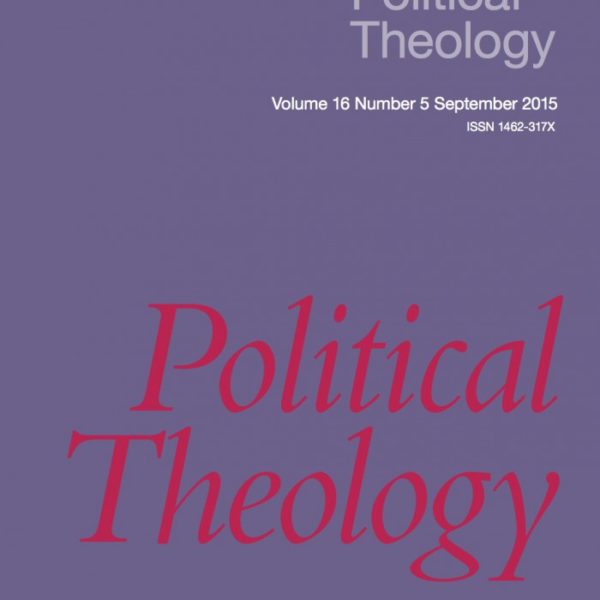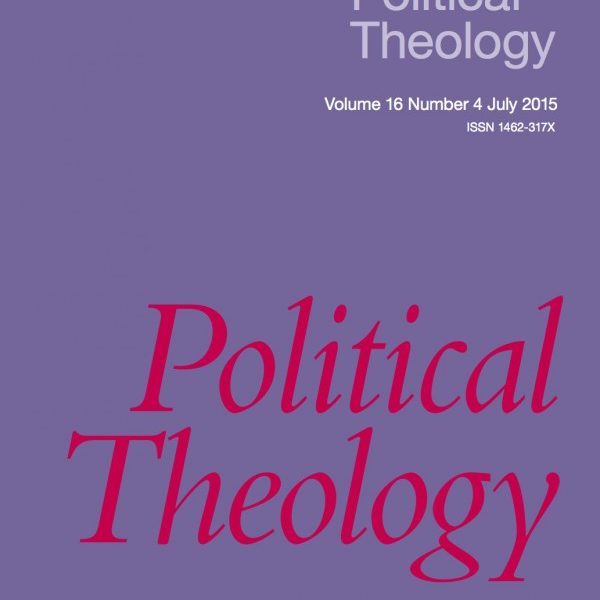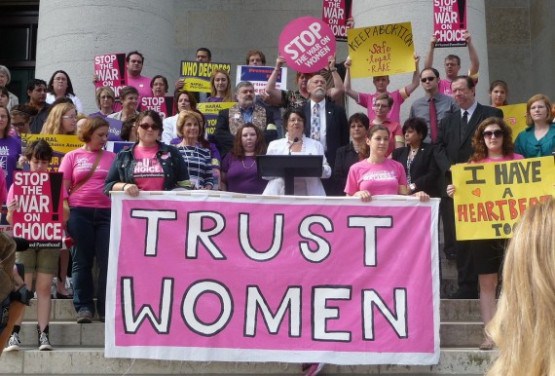
The last week of March 2015 saw a downturn in reproductive and sexual justice in the U.S. The Indiana General Assembly approved the Religious Freedom Restoration Act, allowing businesses to discriminate against LGBT people and to opt out of providing health insurance for abortions.

Last week, we mourned the news that Peter Losonczi, a contributing editor to Political Theology Today and a member of the editorial board for the journal, Political Theology, had suddenly passed away. Contributions in his memory for Peter’s wife and children may be made at GoFundMe. Peter’s longtime friend and colleague, Aakash Singh Rathore, remembers Peter below.
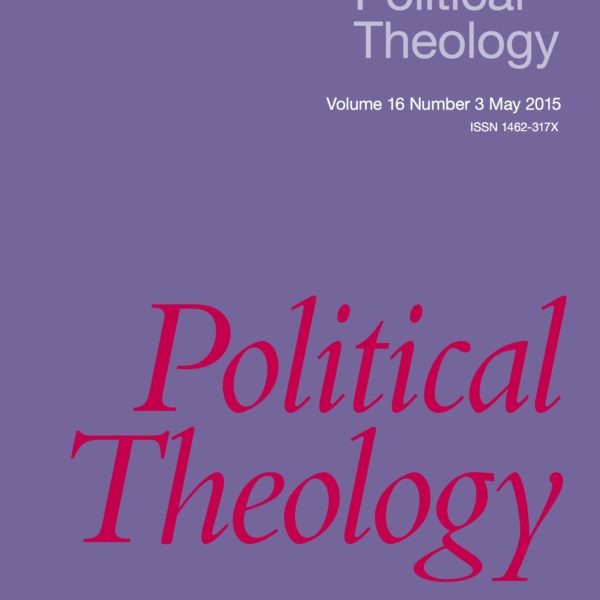
We are happy to announce the publication of Vol. 16, Issue 3 of our journal, Political Theology. Unlike several recent issues, this issue is not organized around a single theme, but brings together a range of high-quality contributions on diverse topics in contemporary political theology.
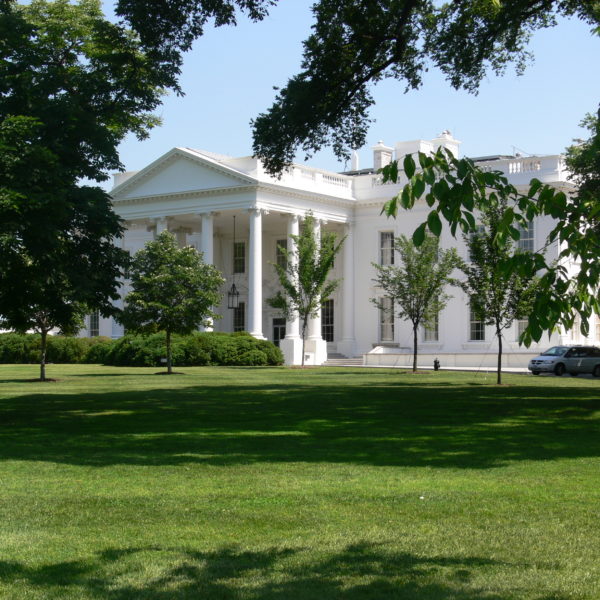
For nearly two decades, Wesley Theological Seminary has sponsored the National Capital Semester for Seminarians (NCSS), a program which immerses students from Wesley and other seminaries around the country in the politics and policymaking of Washington and the ways people of faith intersect in those spaces. When Dr. Shaun Casey, the long time coordinator of the program, left to join the faith outreach office at the U.S. Department of State upon request of Secretary of State John Kerry, I stepped in to help direct the program.
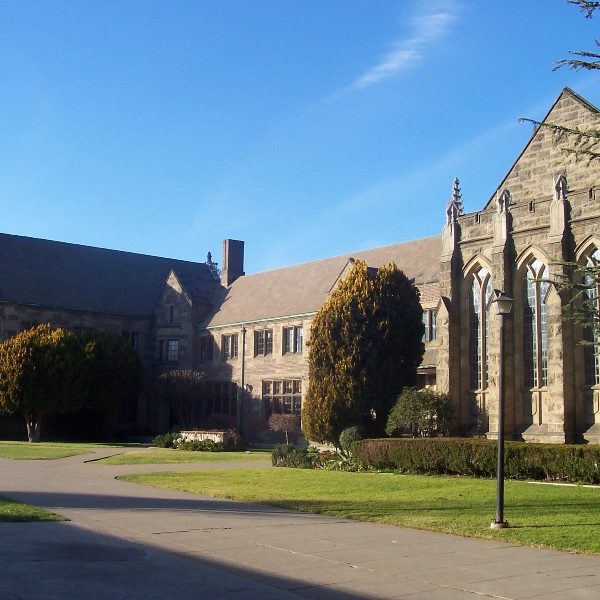
My interest in teaching a course on Political Theology came from my research on Simone Weil. I wanted to understand how the area of political theology could help me interpret Weil’s oeuvre, which often focuses on the intersection of politics and religion. To that end I decided to teach a course in the Fall of 2011 that would explore the historic development of the concept “political theology.” The course would consider how the western tradition has “thought” the intersection of politics/theology.
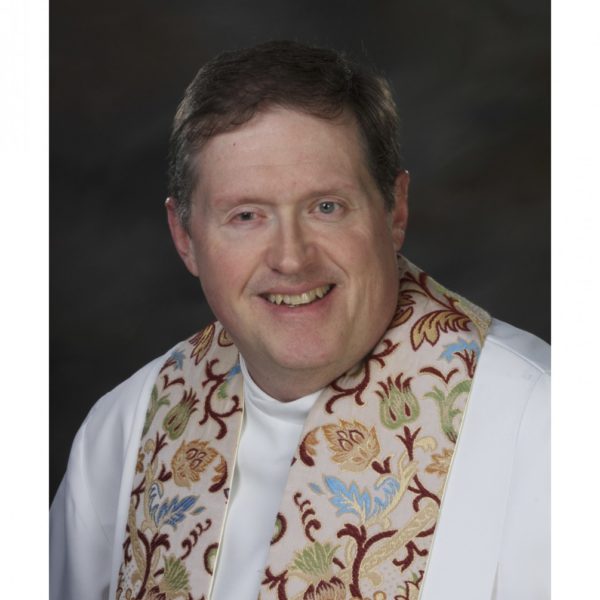
It is with great sadness that we note the death of a former editor, the Rev Dr Tim Simpson. Tim died on Tuesday 7th April after complications associated with his battle with cancer.
There were many aspects to Tim’s life and ministry, more than can be covered here. He was a relentless teacher, preacher, pastor and campaigner for justice and peace. Other places will record his important contribution to many different churches, universities and colleges. For us Tim was a scholar, an intellectual and an editor. His death feels like the passing of an era for the journal and for the discipline as a whole.
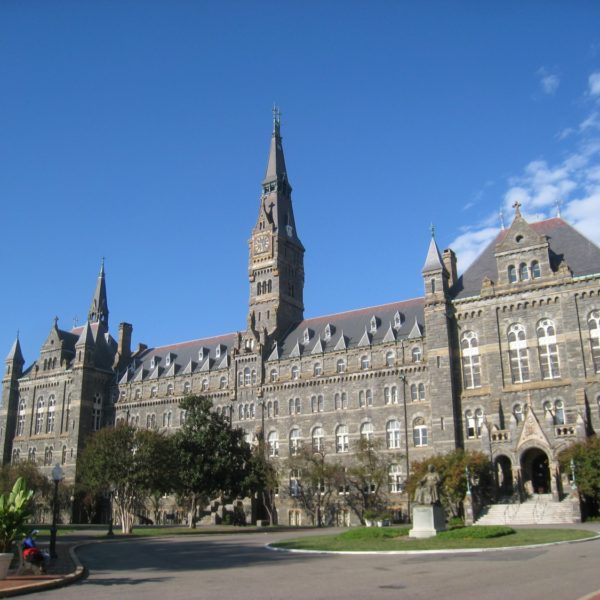
…I still seek to introduce the students, now grads, to the range of political formulations in Islam, but in contrast to the undergraduate version of the course, we also look to political theology as a method for thinking about politics. Why? And How? After all, political theology is really a product of the Christian West. Does it have applicability in other contexts?
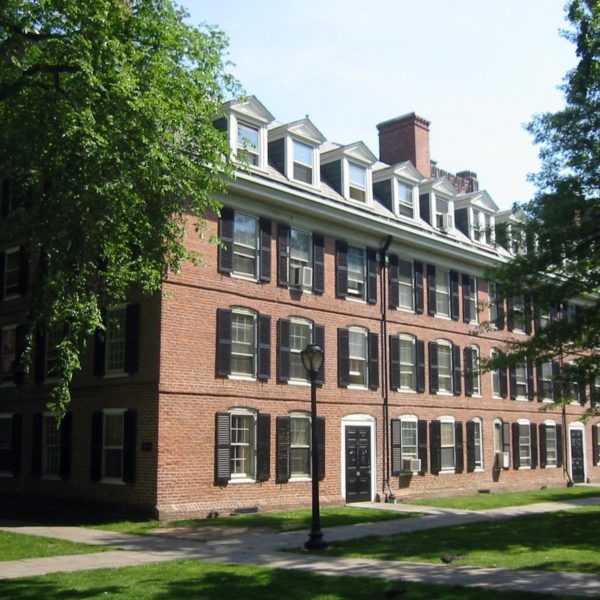
This course was conceived as a way to introduce undergraduates to the conversation about religion and politics in Western tradition. I wanted to give them a broad historical overview, with in-depth selections or snapshots to get at ways the relation between religious and political spheres has been conceived in different historical moments.

